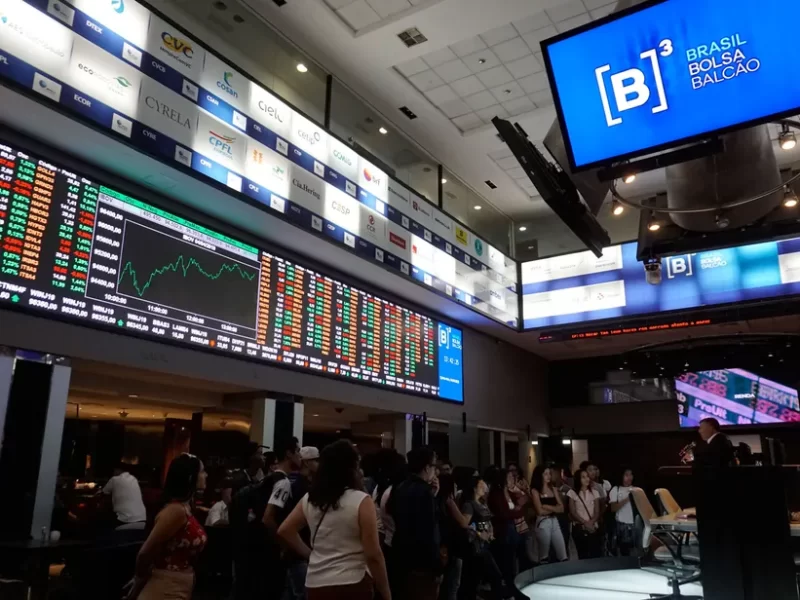Carnival Corporation’s Holland America Line brand announced that it has completed a 20-day trial of cleaner-burning biofuel aboard its Volendam cruise ship, reporting a reduction in life-cycle emissions compared to marine gas diesel.
Completing at the Port of Rotterdam in the Netherlands, the long-term test was carried out in partnership with GoodFuels, a producer and supplier of sustainable biofuels for the shipping industry, and Wärtsilä, a producer of power and propulsion technologies and life cycle solutions for the marine market. .
The assessment was completed on 7 September. In the first five days of the trial the ship used a mixture of 30% biofuel and 70% marine gas oil (MGO) in one of its main auxiliary engines. For the last 15 days of the test, the ship used 100% biofuel. According to GoodFuels, there was a 78% reduction in life cycle CO2 emissions over the last 15 days of the trial compared to marine gas oil emissions.
“We were excited to have this opportunity to test a next-generation fuel source on a Holland America Line ship and are very encouraged by the results,” said Gus Antorcha, president of Holland America Line. “As part of our commitment to sustainability, we have always sought cutting-edge solutions to environmental challenges that will help us meet Carnival Corporation’s sustainability goals over the coming decades.”
The Dutch-flagged Volendam was chosen for testing as it was located in the Port of Rotterdam, one of the global ports where GoodFuels operates the infrastructure needed to provide waterside fueling services. There is no significant difference for ship’s crew members in handling regular fuel oil versus biofuel. Using a drop-in biofuel such as the one tested in Volendam does not require repairs to the vessel or special equipment.
Advanced biofuels are derived from raw materials that are certified as 100% waste or residues, without land use problems and without competition with food production or deforestation.
“Marine biofuels are already the largest low-carbon marine fuel in the world and we expect usage to increase significantly to 10% of the total volume by 2030,” said Dirk Kronemeijer, CEO and founder of GoodFuels.
“Our extensive work in testing marine alternative fuels is a central part of our efforts to shape sustainable decarbonization options for our customers,” said Ricardo Opperman, managing director of Wärtsilä North America Inc. “We are continuously developing our engine technology to accept and maintain operational and environmental efficiency levels with various future fuels, including biofuels. These 100% biofuel sea trials will be particularly important – for Carnival Corporation, for Goodfuels, for Wärtsilä and for the industry as a whole.”
Holland America Line is the first Carnival Corporation brand to conduct a long-term 100% biofuel test on board. Carnival Corporation’s German brand AIDA also partnered with Goodfuels in July to conduct a mixed biofuel test on board AIDAprima in Rotterdam. While biofuels have been tested in large diesel engines at shore-based research facilities and on some cargo ships, these represented the first direct tests on working cruise ships.
The biofuel tests of the two brands support the overall environmental mission, goals and aspirations of Carnival Corporation. They include achieving a 40% carbon reduction per lowest available stay day by 2030; expanding its alternative fuels strategy in its liquefied natural gas (LNG) program and battery, fuel cell and biofuel capacities; delivering a 50% reduction in absolute emissions of particulate matter in the air by 2030; and aspirations to achieve net carbon neutral operations by 2050.



